Manchester's contribution to global health.
The global health burden is changing as populations grow and diversify.
Now more than ever, our changing environments also impact on our health. Our partnerships are seeking to make a difference in today's changing world.
Challenging cancer
Cancer is the second leading cause of death globally.
1 in 2 people globally will be affected by cancer, but cancer types and incidence vary globally.
Find out how our researchers are improving the lives of people affected by cancer.

Bringing greater ethnic equality to prostate cancer research
Our researchers are among the first to apply their world-leading genetic and genomic expertise to study differences in prostate cancer among ethnic groups.
Read more about this breakthrough : Bringing greater ethnic equality to prostate cancer research.
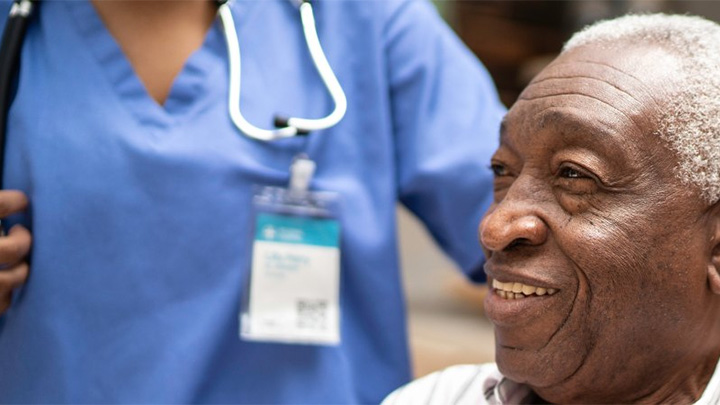
Increasing access to radiotherapy
Working with colleagues in Sri Lanka, we've increased improved outcomes for patients with bladder cancer.
Read the article : Transforming radiotherapy care pathways in Sri Lanka.
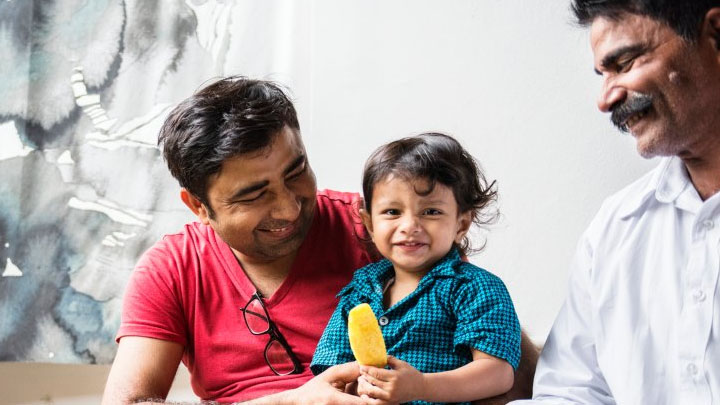
Developing sustainable treatments
Supporting those in need.
In low- and middle-income countries, lack of health and research infrastructure and international research partnerships is impacting on treatment access.
Our partnerships are focused on addressing some of these inequalities.
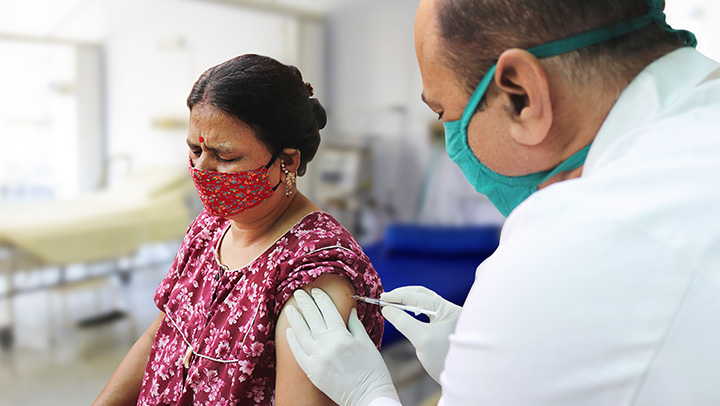
Setting international treatment standards for rare cancers
We have helped grow the evidence base for biliary tract cancer, which is common in low- and middle-income countries.
Read the article : Improving treatment standards for rarer cancers.

Pioneering new treatments for cervical cancer
A new topical treatment for cervical cancer is helping more women in Africa survive the disease.
Read the article : A game-changing approach for the treatment of early-stage cervical cancer.
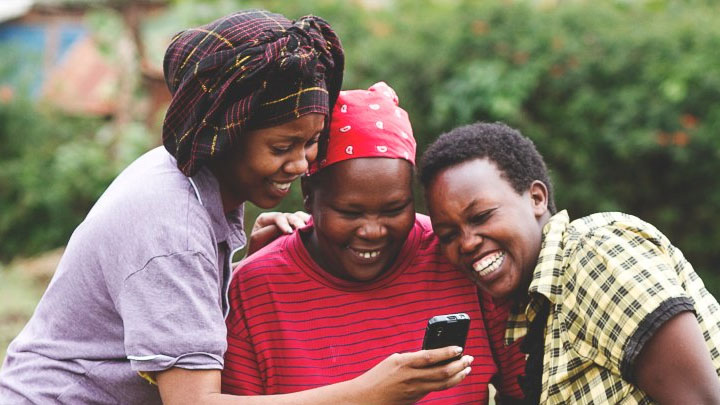
Changing lives and meeting need
Professor Vaskar Saha’s research is helping to significantly reduce mortality rates in children being treated for cancer in India.
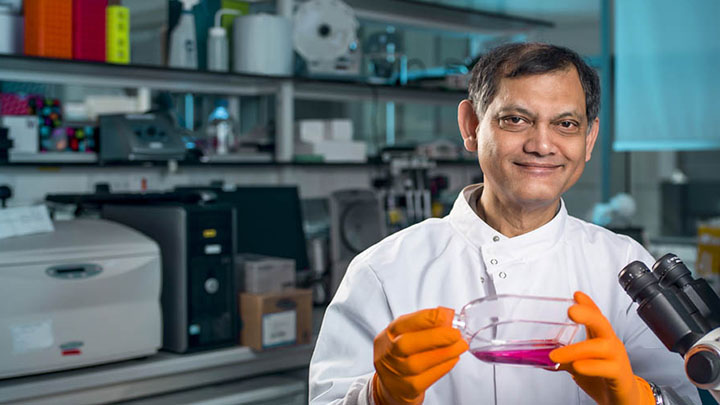
Treating psychological disorders
We've developed a new mental health therapy to treat anxiety and depression which has been adopted into clinical practices worldwide.
Read the case study : Creating more effective treatments for patients with anxiety and depression.

Levelling up
Tackling healthcare inequalities.
Disease, progression and treatment differs between the global south and global north, as does access to interventions, support and diagnosis.
Our researchers are working to increase access to healthcare where it is needed most.
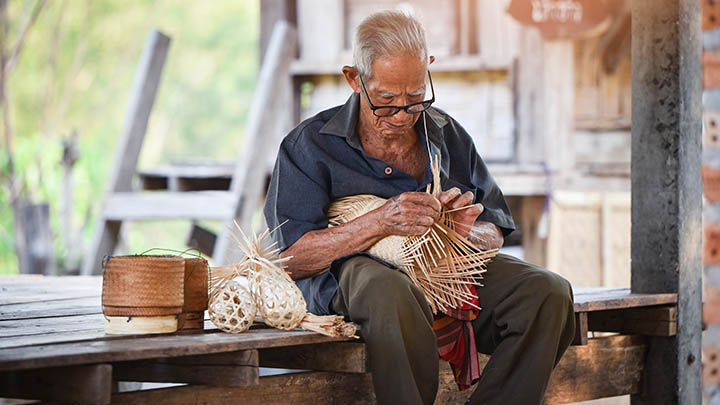
Developing sustainable treatments
The STAND-Indonesia project is looking at how best to provide sustainable care for depression and anxiety in Indonesia.
Read the story : Identifying sustainable care for depression and anxiety in Indonesia.

Sharing oesophageal cancer lessons globally
A collaboration with researchers in Kenya is trying to understand why the country has one of the highest incidence rates of oesophageal cancer in the world.
Read the story : Sharing oesophageal cancer lessons globally.
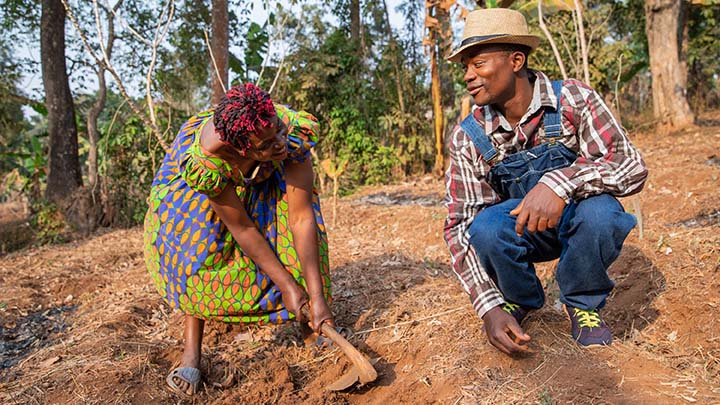
Tackling inequalities in mental health
We are helping to level up inequalities in mental health provision between the global north and south.
Read the case study : Tackling inequalities in mental health

More about global futures
Collaborating for change
Our global and local partnerships are changing lives across the globe.
Find out more about how we have delivered life-changing impact for people across the globe.

The power of partnerships
We show how successful partnerships can transform lives.
Find out more about how we're working across the whole healthcare pathway to uplift care.

Addressing tomorrow's challenges
Find out how our discoveries and partnerships today will help to combat diseases in the future.
Find out more about how our partnerships will help meet healthcare needs in the future.

Global health
Learn about the Faculty of Biology, Medicine and Health's global health collaborations.

